Blog

Let’s Talk Prostate Cancer for No-Shave November
No-Shave November is an annual movement to bring awareness to men’s health issues in a provocative way. Men participate by growing a beard and/or mustache throughout the month of November. They take a photo of their clean-shaven face on November 1st and a final picture on the 30th. Hopefully, during the thirty days in between, they can have conversations about important men’s health topics, including prostate cancer. Prostate Cancer is the second-most common cancer affecting men Prostate cancer is enormously common in the United States. After skin cancer, it is the most common cancer for...
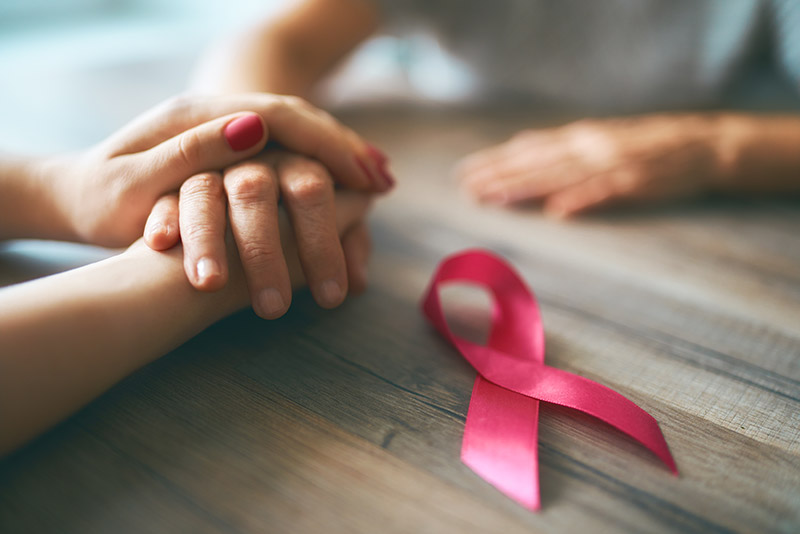
Breast Cancer Awareness Month is a Reminder to Get Screened
October is Breast Cancer Awareness Month and a good reminder to talk with your doctor about whether it is time for your breast cancer screening. Of course, being aware of your breast health is important all year long. No matter what month it is, we hope this information will encourage you to talk to your doctor about your breast cancer risk and what you can do to stay healthy. Breast cancer survival rates continue to improve. The average 5-year survival rate for women with invasive breast cancer is 90% 1. If the cancer is located only in the breast, the five-year survival rate is...

The Importance of Preventive Cancer Screening
Taking control of your health starts with being proactive. Screenings are a vital component of comprehensive healthcare and they’re the best way to identify cancer in its earliest stages, often before it causes any symptoms. The physicians at Arizona Oncology want to encourage everyone to continue getting their regular screenings during these unprecedented times. Delaying important routine exams, such as mammograms, colonoscopies and lung screenings, can increase the chance of the cancer spreading to other organs. The fact remains, most cancer is treatable if detected early. For some,...
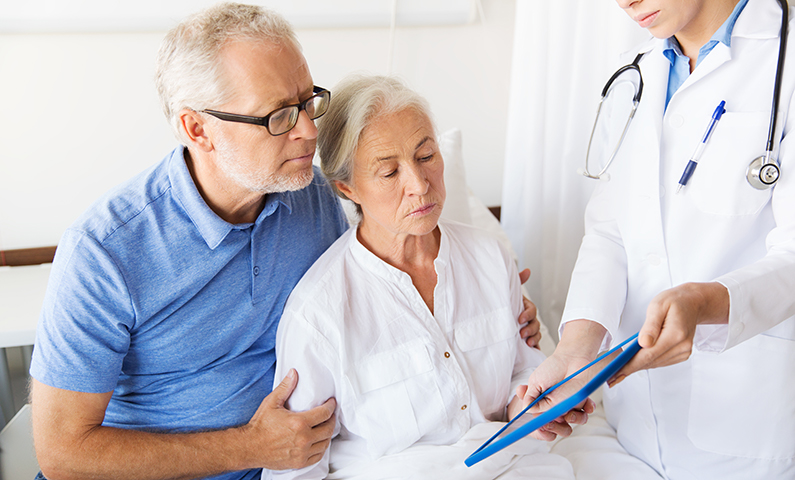
HPV and Cervical Cancer
HPVs (human papillomaviruses) are a group of common viruses for which some are easily sexually transmitted. Several of these viruses cause genital warts while the high-risk HPV types are responsible for the majority of HPV caused cancers. The National Cancer Institute reports that HPV infects epithelial cells, which cover the inside and outside surfaces of the body, including the skin, the throat, the genital tract, and the anus. HPV related cancers include cervical cancer, vulva cancer, vaginal cancer, penile cancer, anal cancer as well as cancer in the back of the throat including the base...
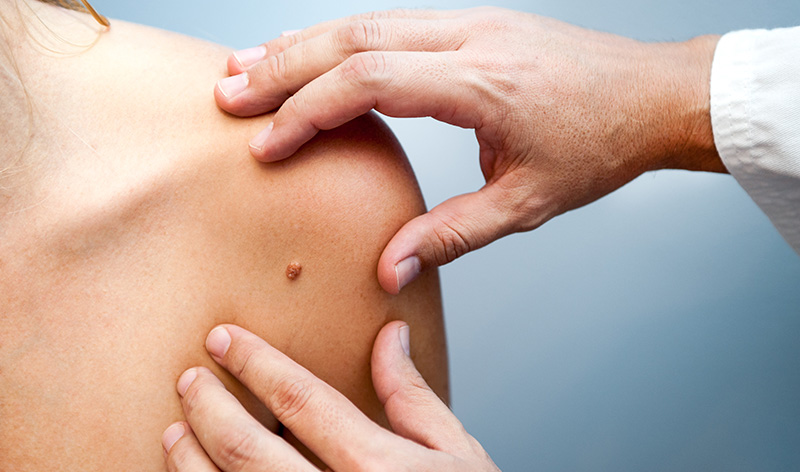
Can Skin Cancer Be Prevented?
Skin cancer is by far the most common type of cancer with over five million cases diagnosed in the U.S. each year. Fortunately, skin cancer in its many shapes and sizes is also one of the most preventable forms of the disease. The major risk factor is prolonged exposure to ultraviolet (UV) radiation primarily from the sun. The sun-smart strategies below will go a long way in helping prevent the disease. Early Detection Starts With You When diagnosed and treated early, skin cancers are highly curable. And in the early stages of skin cancer development, you’re the one with the best...
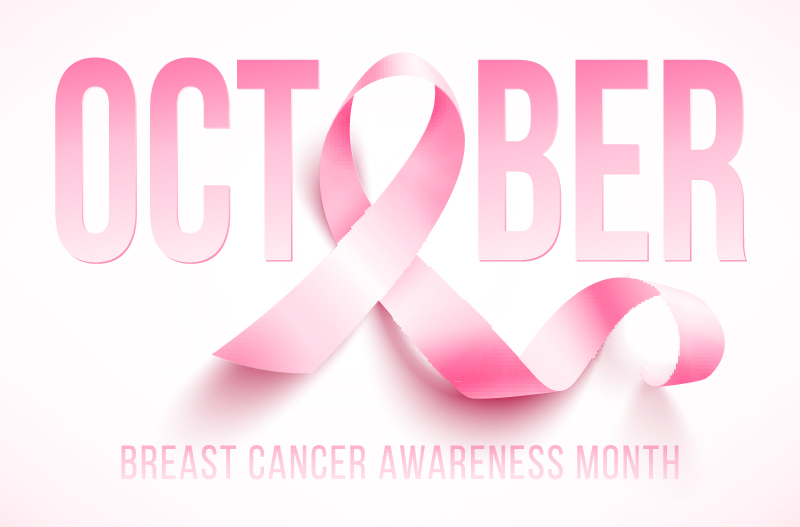
October is Breast Cancer Awareness Month
Early detection is key for effectively fighting breast cancer! The most important screening test in early breast cancer detection is a mammogram. In addition to an improved outcome, some patients diagnosed with early-stage disease are candidates to have less aggressive surgery, can skip chemotherapy or radiation, or will receive a shorter course of treatment for breast cancer. Breast cancer does not represent “one disease” but, rather, many different and similar diseases all characterized by normal breast cells becoming cancerous breast cells. Although...

How to Manage Your Anxiety During Cancer Treatment
It’s normal to feel anxious during cancer treatment with your number one concern whether the treatment will work. Add to that the stresses of managing appointments, family responsibilities, job responsibilities and you have the makings for a lot of anxiety. It can be enough to cause physical problems including irritability, shortness of breath, a tightness in your chest, and sleeplessness to name a few. It’s very important to give yourself a break during cancer treatment. Take a step back from all that you normally do to give yourself time to process all that is going on, and then find ways...
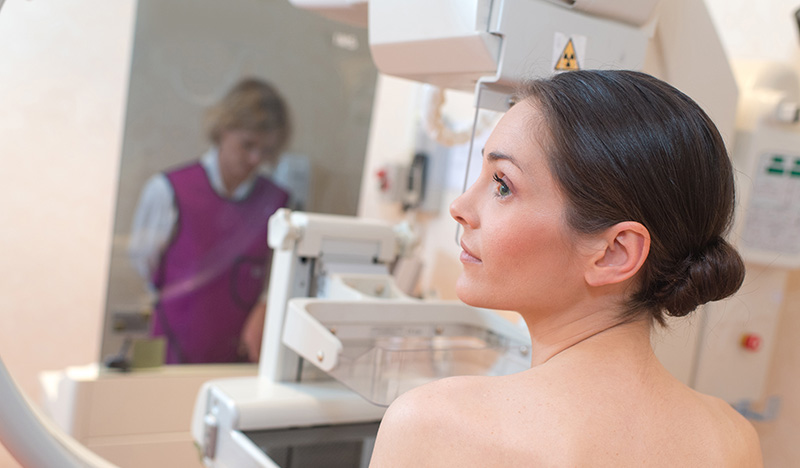
5 Questions to Ask Your Doctor About Breast Cancer Screening
Breast cancer survival rates are improving. The average 5-year survival rate for women with invasive breast cancer is 90%. If the cancer is located only in the breast, survival rates are even higher, averaging 99%, five years after diagnosis. Breast cancer screening is vital for early detection and increasingly successful treatment of breast cancer. Preparing for your first breast cancer screening can be an intimidating experience. However, it's important to follow your doctor's recommendations for all health screenings. Learning more about the process and what to expect can help...
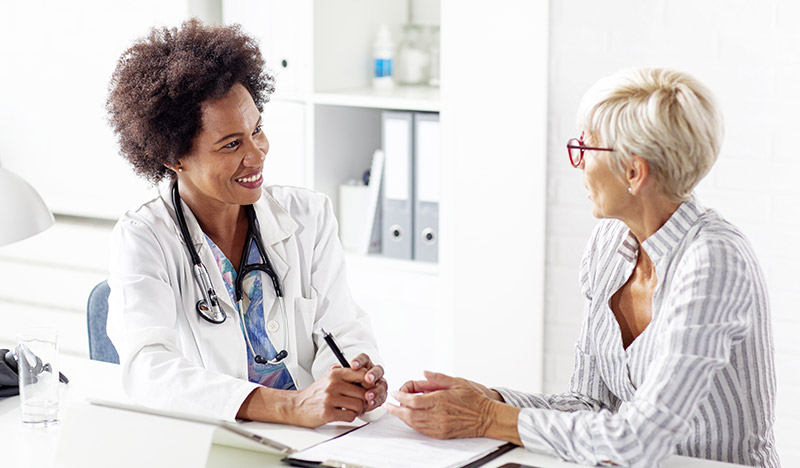
10 Ways to Care for Yourself Before, During, and After Chemotherapy
Many patients have to go through chemotherapy as part of their cancer treatment program, which is extremely challenging. If your oncologist has included intravenous chemotherapy as part of your treatment plan, then you can take actions before and during your course of chemotherapy. This will make the overall experience easier on you. Things You Can Do Before Chemotherapy 1. Ask someone to drive you to and from your treatments. Sometimes, chemotherapy treatments can take several hours to complete. You will likely be exhausted and you might not feel that great. It'd be ideal if you...

What Does SPF Stand For And What Does It Mean?
Even though summer is halfway over, August is Summer Sun Safety Month. This means there is still time to be conscious about practicing sun safety. One major way you can do this is by slathering on some sunscreen and repeat it often anytime you're outside. Choosing a sunscreen can be a daunting task. With so many combinations of numbers and specializations, it's no wonder a lot of people skip wearing sunscreen altogether. To clear up some confusion, let's talk more about what SPF is as well as its importance when using the right sunscreen for your skin. What is SPF? SPF stands for sunburn...


